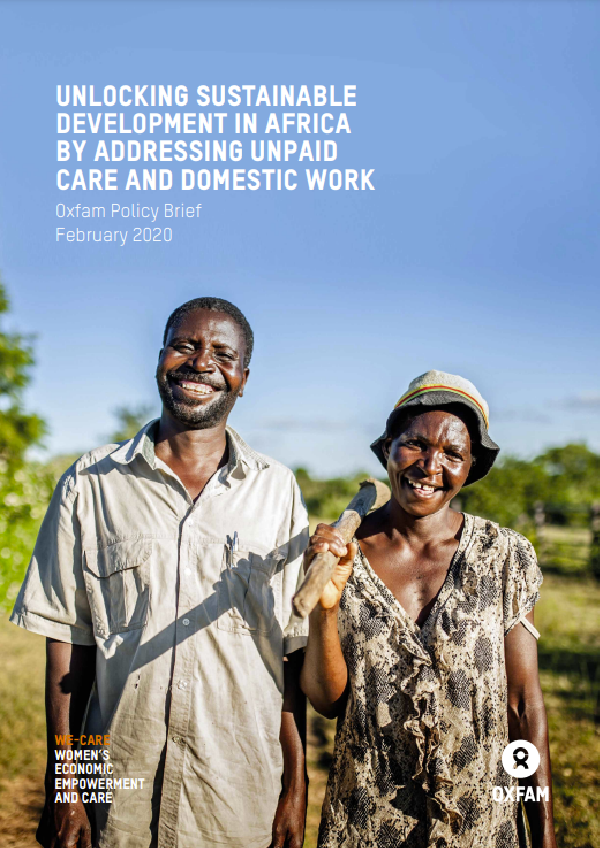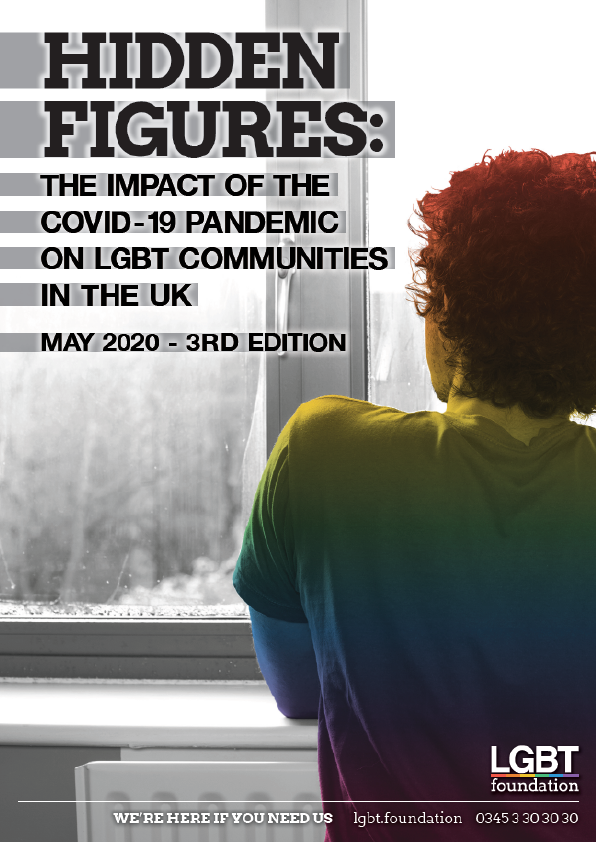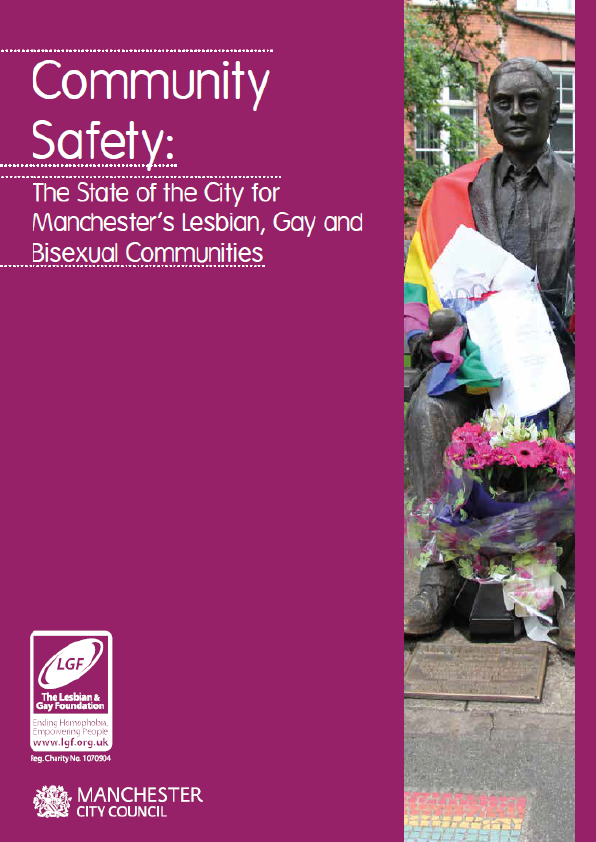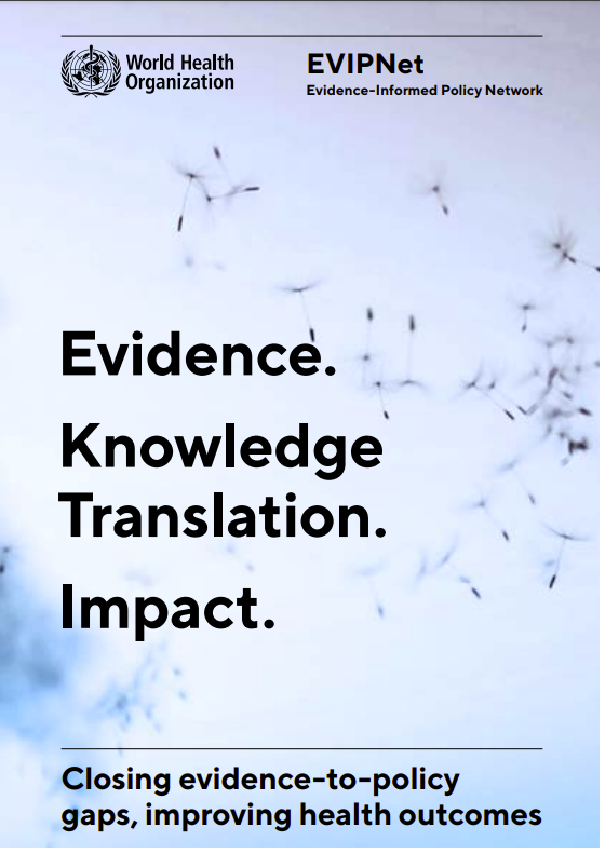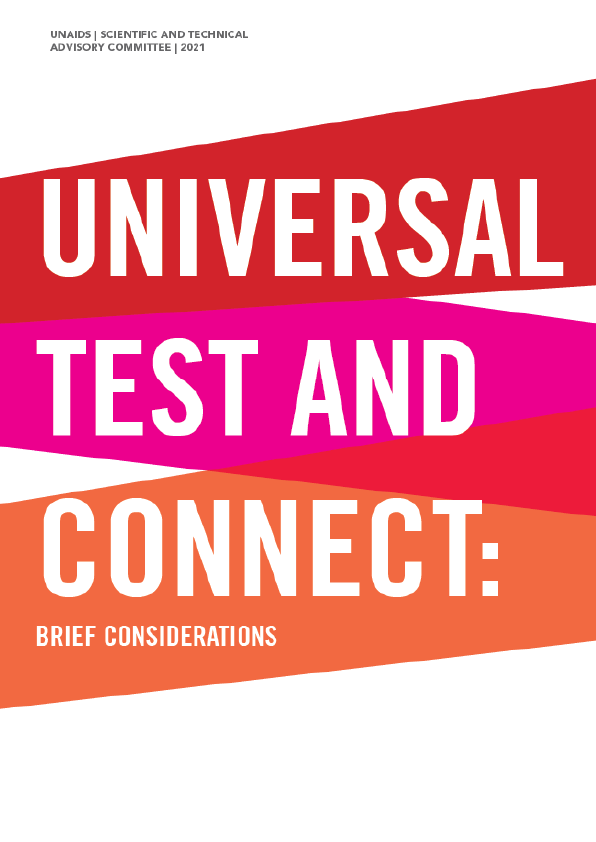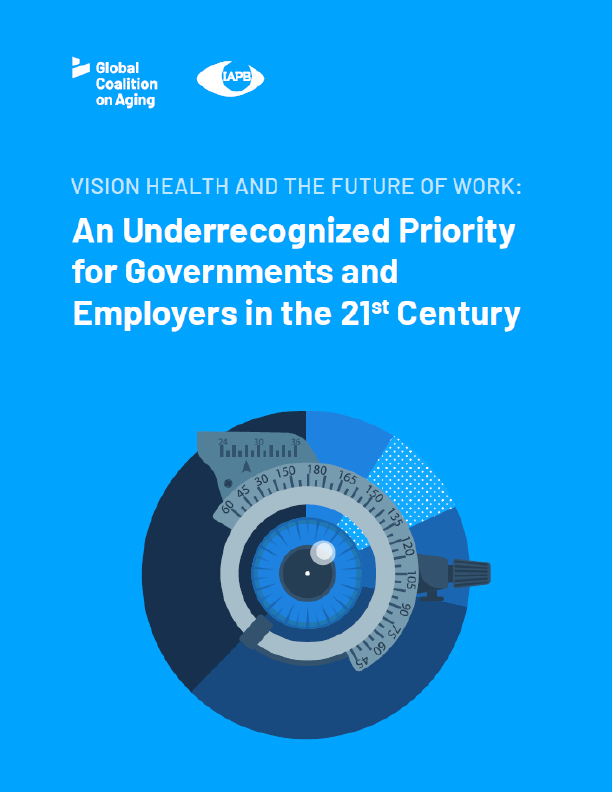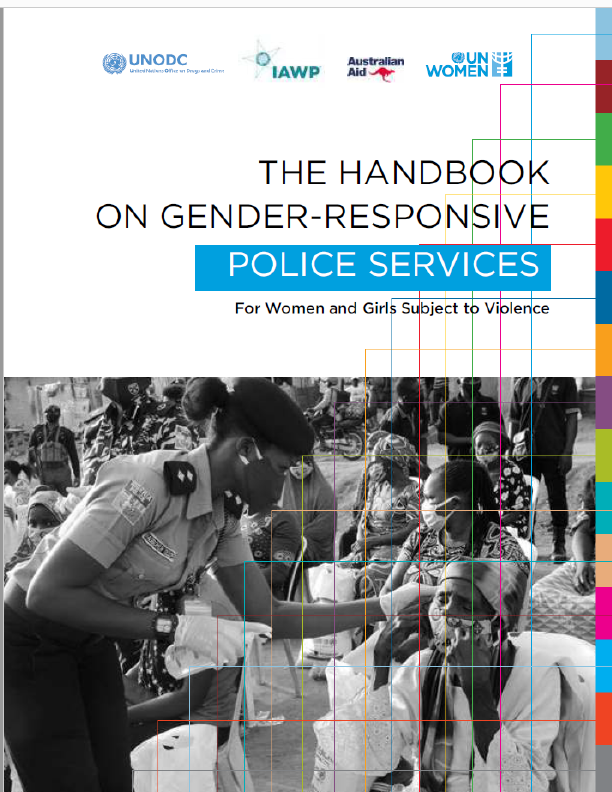Across Africa, ambitions to achieve inclusive and sustainable development are being undermined by inadequate investment in the care economy. Women and girls are providing millions of hours of unpaid care and domestic work (UCDW) – a provision which props up the economy and underpins society, yet remains under-recognized, undervalued and under-invested in.
While inattention to care policy and the unequal distribution of UCDW has stalled gender equality in every country globally, this brief focuses on the specific barriers that UCDW creates for sustainable development in Africa. It explains how investing in quality, accessible and affordable public services and infrastructure in Africa can address heavy and unequal UCDW and unlock progress across multiple Sustainable Development Goals (SDGs). The brief draws on research and programming experience from Oxfam’s Women’s Economic Empowerment and Care (WE-Care)1 initiative in Ethiopia, Kenya, Tanzania, Uganda and Zimbabwe, and presents evidence-based policy solutions from these five countries to address UCDW across the continent.
Implemented since 2014, Oxfam’s WE-Care programme addresses UCDW as a key driver of gender inequality and is implemented in Ethiopia, Kenya, Tanzania, Uganda, Zimbabwe and the Philippines.
The African Union (AU) has a unique role to play in taking this agenda forward by encouraging and supporting member states to recognize, reduce and redistribute the heavy and unequal unpaid care work provided by women and girls. This means developing care policies, properly investing in care-supporting services and infrastructure, and ensuring that carers are represented in budgeting and decision making. Doing so will fast-track the AU’s achievement of its development goals and Agenda 2063 objectives as well as the SDGs.
UNPAID CARE: A CAUSE AND CONSEQUENCE OF GENDER INEQUALITY
Without care work our societies wouldn’t function. The vital work of caring for the household, community, children, and sick and elderly people is essential for maintaining healthy, productive households and functioning economies. UCDW, which includes all non-remunerated work within the household or community sphere, accounts for $10.8 trillion of global output per year (roughly equivalent to 13% of global GDP in 2018).
Yet despite this vast and invaluable contribution to society and the economy, UCDW is not included in official GDP calculations and remains largely absent from government policies.
From cooking and cleaning to collecting water and firewood or caring for children, women across the world undertake the vast majority of unpaid care work – spending approximately three times more hours per day than men on UCDW, according to the UN.
This imbalance results in time poverty for women and girls, reducing their opportunities to participate in education, decent paid work, public life and leisure, and further reinforcing gender-based socioeconomic disadvantages. Women and girls’ disproportionate responsibility for providing UCDW is deeply rooted in beliefs and norms that define women’s and men’s roles in society.
Women and girls living in poverty, and particularly those facing multiple discriminations (e.g. on the basis of race or ethnicity), experience the greatest time poverty and opportunity costs due to unpaid care. Inadequate water systems, fuel and cooking facilities result in women and girls having to make long and backbreaking daily trips to collect water and firewood, while under-funded health services mean many must walk miles to get medical care for their families. Time and mobility constraints alongside restrictive social norms mean these women are rarely represented or able to express their needs in budget-setting and policy-making processes.
A growing body of evidence has shown that in low-resource settings, government investment in public services such as childcare and health facilities, and in essential infrastructure such as local roads, public transport, clean water and energy options as well as time- and labour-saving technology, are critical for reducing the heavy unpaid workloads of women and girls, thereby reducing poverty and inequality. It is also well established that social and economic policies, and the conditions that states place on the provision or withholding of benefits – from parental leave to child benefits and tax exemptions – have a significant ability to either reinforce or transform gendered patterns of unpaid care.
